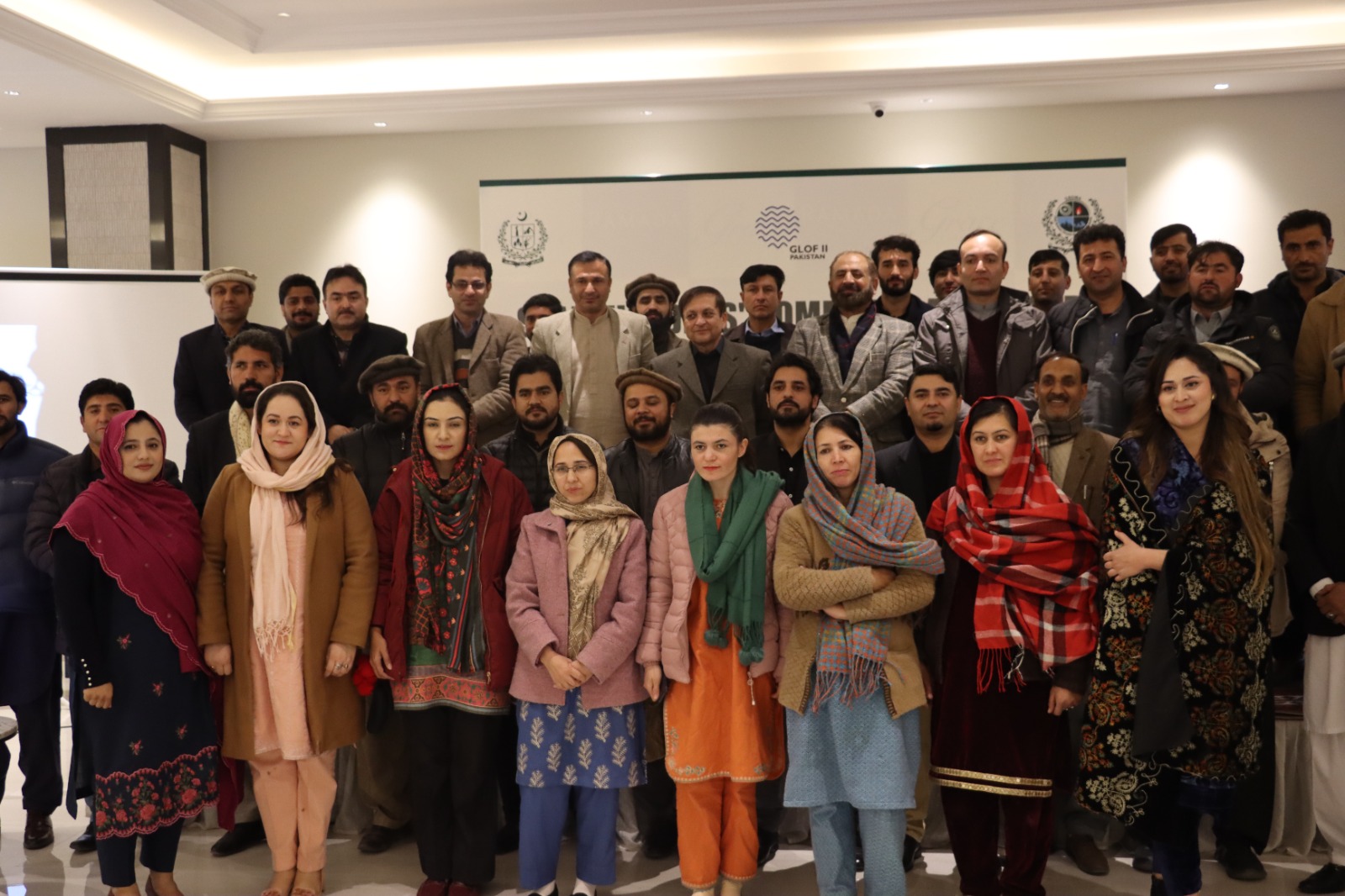By: Karishma Ghazi
Literature plays a crucial role in reflecting the society of its time, with each literary piece capturing the essence of its era. While many works are products of their time, some transcend their original context and continue to influence multiple periods. Take Shakespeare’s plays, for instance — they resonate across eras due to their timeless characters that connect with people in the contemporary world. This literary piece will confer about the dominant and complex character of Shakespeare ‘Hamlet’ who embodies the conflict, struggle and complexities that relate to every individual in the contemporary world.
The Internal Conflict, the quest for truth, justice and indecision make him a character with whom many people can empathize. His internal conflicts about mortality, purpose, and the nature of existence are timeless themes. In today’s world, where individuals grapple with questions of identity, mental health, and moral dilemmas, Hamlet’s character remains incredibly relevant.
Hamlet’s hesitance to act is a trait that many can relate to. In a modern context, this hesitation could be seen as a reflection of the complexities of decision-making in a world that’s often ambiguous and morally challenging. The play explores the consequences of inaction, paralleling the consequences that can occur in our lives when we struggle to make difficult choices.
Moreover, Hamlet’s skepticism towards authority and his quest for justice in a corrupt world is relatable in contemporary society. His distrust of those in power and his desire to uncover the truth align with the skepticism many people have toward institutions and authorities today.
Additionally, Hamlet’s struggle with mental health, particularly his anguish and contemplation of suicide, resonates with the ongoing conversations about mental health in the modern world. His internal battles and the toll they take on his psyche shed light on the importance of mental well-being and the consequences of unresolved inner conflicts.
Furthermore, Hamlet resonates with individuals on an emotional level. Emotions are a universal experience, and people in the Elizabethan age felt the same happiness, joy, sadness, and grief that we feel today. Therefore, it is not unusual to assert that we connect with Hamlet because we relate to the emotions he is going through. While other characters may provide emotional insights, Hamlet is the character with whom we have the most opportunities to connect. This is because there are several instances where we can glimpse into his innermost thoughts. For instance, in the famous “To be or not to be” soliloquy, he articulates his contemplations in a way that allows us to empathize with his internal struggles.
Who would fardels bear,
To grunt and sweat under a weary life,
But that the dread of something after death,
The undiscovered country from whose bourn
No traveler returns, puzzles the will
And makes us rather bear those ills we have
Than fly to others that we know not of? (Ham. 3.1.85-90)
The theme of deception and revenge which have been portrayed in the play also resonates with the contemporary society. The impact of the deception on social ties have been depicted throughout the play and this impact of deception on social ties can be generally observed in this fast paced era. Thus, the deception and revenge faced by Hamlet in the play is now common in every individual life. People are encountering with deceptions and revenge day by day and the act of deception and revenge have a huge impact on every individual’s life.
Concisely, Hamlet’s multidimensional character and the themes surrounding him such as struggles with identity, moral dilemmas, mental health, and the pursuit of justice continue to be profoundly relevant in the contemporary world. Shakespeare’s timeless depiction of the human condition through Hamlet’s character provides a mirror to the complex realities of today’s society. Hence, careful reading and the identification of emotions are crucial to empathizing with the characters. This involvement enhances your connection with the play and fosters a deeper appreciation for it. Who knows? You might even discover something about yourself through your engagement with Hamlet.

 Daily Mountain Gilgit Baltistan News Website News website of Daily Mountain Gilgit Baltistan
Daily Mountain Gilgit Baltistan News Website News website of Daily Mountain Gilgit Baltistan



